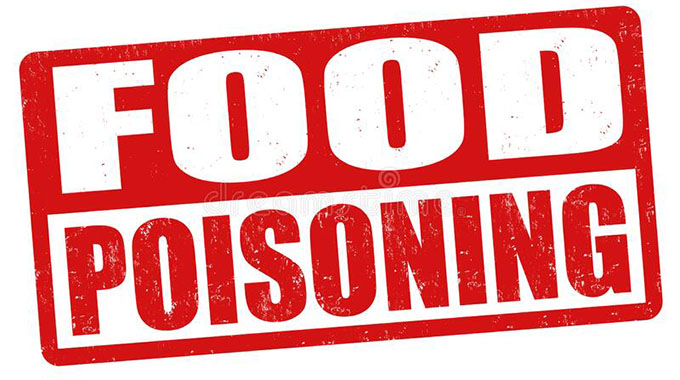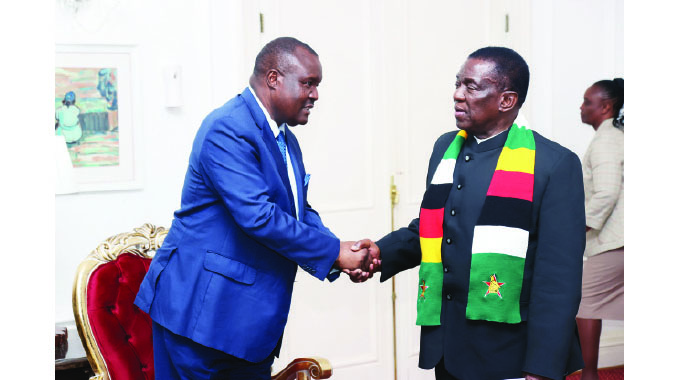S. Africa bars refugees from politics

JOHANNESBURG/KIGALI. – Rwanda on Wednesday hailed South Africa for enacting a law that bars refugees and asylum seekers from engaging in politics back home or in South Africa.
The move is a positive development for Rwanda, Vincent Biruta, Rwanda’s Minister of Foreign Affairs and International Co-operation, told reporters here, saying Rwandan dissidents were using South Africa as a base to engage in subversive activities back home.
‘‘This law will put an end to subversive activities against Rwanda by these anti-Rwanda terror groups,’’ the minister said.
The new legislation – which came into effect from January 1 – clamps down on foreigners in a number of ways including where they may move and what activities they may partake in. Home Affairs Minister Aaron Motsoaledi announced the new laws just two working days before they came into effect.
These include :
No refugee or asylum seeker may participate in any political activity or campaign in furtherance of any political party or political interests in South Africa. Doing so will lead to the “cessation” (withdrawal) of refugee status;
Any person whose refugee status has been withdrawn shall be dealt with as an illegal foreigner in terms of the provisions of the Immigration Act;
Any person who intends to apply for asylum must declare his or her intention, while at a port of entry, before entering the Republic and provide his or her biometrics and other relevant data as required, including fingerprints, photograph, date of birth and age, etc;
An “asylum seeker visa” will determine how long the refugee is allowed to remain in the country, what work they are allowed to do and where/if they may go to school;
The minister may issue an order to immediately detain and remove any asylum seeker or refugee named as a threat to the republic.
South Africa is home to Rwandan dissidents who Rwanda accuses of engaging in activities aimed at destabilising their home country.
Meanwhile, exiled politicians living in South Africa told Deutsche Welle (DW) that the new refugee laws are meant to silence them. They fear that governments back home could use these laws to go after them and further stifle free speech.
The migrants told DW they were taken by surprise by the new law. ‘‘We did not know about any public hearings that were conducted on this matter,’’ Ngqabutho Mabhena, chairman of the Zimbabwe community in South Africa, told DW.
But speaking on a local Cape Town radio station, Motsoaledi said the new laws go beyond the highly publicised refugee ban. ‘‘What I have heard is just restriction of political activities,’’ he said. ‘‘It’s as if we just woke up and dropped something from the sky, which was never known about,” he told popular host of the Capetalk show Kieno Kammies.
The new laws are part of the 1998 Refugee Amendment Act, which the government says had become outdated. “We realised that there were too many weak points and gaps (in the Refugee Act),” Motsoaledi said.
The home affairs minister says the new regulations will prevent asylum seekers from abusing the refugee protection systems. But critics say the new asylum laws were not only enacted to curb misuse of the system. ‘‘I see a general anti-refugee sentiment among politicians,’’ Ralf Mathekga, a South African political analyst, told DW.
‘‘Our minister of foreign affairs calls refugees ‘refugee warlords’,’’ Mathekga added. ‘‘That is a dangerous statement for a politician, who is part of the cabinet, to use such kind of classification.’’
South Africa is host to many African political dissidents including exiled politicians from Rwanda, Zimbabwe and the Democratic Republic of Congo (DRC). Many are involved in political activities in the Southern African nation that carry huge impacts on their home countries.
Adrian Swamba, a Congolese refugee advocate, said the laws directly target political dissidents. ‘‘That law is really against those who fled persecution in their countries to South Africa.’’
Meanwhile, Swamba says himself and other refugees are considering relocating to a third country. ‘‘Our human rights are not respected in South Africa. The paper issued to refugees that offers them protection is not recognised by the authorities. It makes it difficult for refugees to find jobs or even study,’’ he said.
‘‘For that reason and this new law, many refugees want to leave South Africa,’’ Swamba added. – Xinhua/Deutsche Welle/Agencies.







Comments